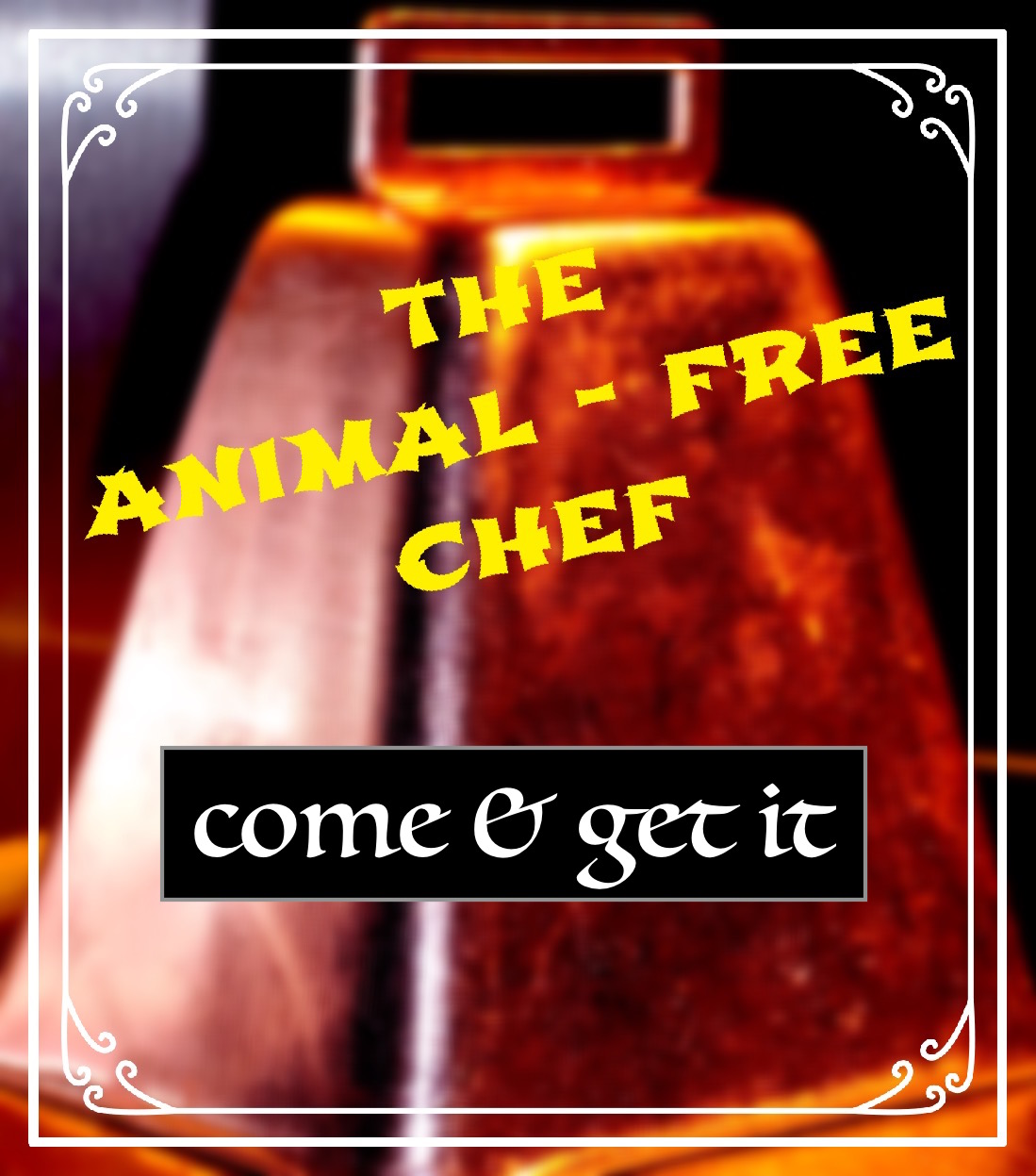Where’s the beef?
For Impossible Foods it’s in boosting burger sales and raising hundreds of millions
Jonathan Shieber,TechCrunch Tue, Apr 3 5:38 PM EDT
Any company that’s looking to replace the more than 5 billion pounds of ground beef making its way onto tables in the U.S. every year with a meatless substitute is going to need a lot of cash.
It’s a big vision with lots of implications for the world — from climate change and human health to challenging the massive, multi-billion dollar industries that depend on meat — and luckily for Impossible Foods (one of the many companies looking to supplant the meat business globally), the company has managed to attract big-name investors with incredibly deep pockets to fund its meatless mission.
In the seven years since the company raised its first $7 million investment from Khosla Ventures, Impossible Foods has managed to amass another $389 million in financing — most recently in the form of a convertible note from the Singaporean global investment powerhouse Temasek (which is backed by the Singaporean government) and the Chinese investment fund Sailing Capital (a state-owned investment fund backed by the Communist Party-owned Chinese financial services firm, Shanghai International Group).
“Part of the reason why we did this as a convertible note is that we knew we would increase our valuation with the launch of our business,” says David Lee, Impossible Foods chief operating officer. “We closed $114 million in the last 18 months.” The company raised its last equity round of $108 million in September 2015.
Lee declined to comment on the company’s path to profitability, valuation or revenues.
Impossible began selling its meat substitute back in 2016 with a series of launches at some of America’s fanciest restaurants in conjunction with the country’s most celebrated young chefs.David Chang (of Momofuku fame in New York) and Traci Des Jardins of Jardiniére and Chris Cosentino of Cockscomb signed on in San Francisco, as well as Tal Ronnen of Crossroads in Los Angeles.”When we launched a year ago, we were producing out of a pilot facility,” says Impossible co-founder Pat Brown. [Now] we have a full-fledged production facility producing 2.5 million pounds per month at the end of the year.”
The new facility, which opened in Oakland last year, has its work cut out for it. Impossible has plans to expand to Asia this year and is now selling its meat in more than 1,000 restaurants around the U.S.Some would argue that the meat substitute has found its legs in the fast-casual restaurant chains that now dot the country, serving up mass-marketed, higher price point gourmet burgers. Restaurants including FatBurger, Umami Burger, Hopdoddy, The Counter, Gott’s and B Spot — the Midwest burger restaurant owned by Chef Michael Symon — all hawk Impossible’s meat substitute in an increasing array of combinations.
“When we started looking at what Pat and the team at Impossible was doing we saw a perfect fit with the values and mission that Impossible has to drive a stronger mindset around what it is to be conscientious about what is going on,” says Umami Burger chief executive Daniel del Olmo.Since launching their first burger collaboration last year, Umami Burger has sold more than 200,000 Impossible Burgers. “Once people tried the burger they couldn’t believe that it was not meat,” says del Olmo. “They immediately understood that it was a product that they could crave. We are seeing 38 percent increase in traffic leading to 18 percent sales growth [since selling the burger].
“At $13 a pop, the Impossible Umami Burger is impossible for most American families to afford, but pursuing the higher end of the market was always the initial goal for Impossible’s founder, Patrick Brown.
A former Stanford University professor and a serial entrepreneur in the organic food space (try his non-dairy yogurts and cheeses!), Brown is taking the same path that Elon Musk used to bring electric vehicles to the market. If higher-end customers with discerning palates can buy into meatless burgers that taste like burgers, then the spending can subsidize growth (along with a few hundred million from investors) to create economics that will become more favorable as the company scales up to sell its goods at a lower price point.
Brown recognizes that 2.5 million pounds of meat substitute is no match for a 5 billion-pound ground-beef juggernaut, but it is, undeniably, a start. And as long as the company can boost sales for the companies selling its patties, the future looks pretty bright. “To get to scale you have to sell to a higher price-point,” says Brown.That approach was the opposite tack from Beyond Meat, perhaps the only other well-funded competitor for the meatless crown. Beyond Meat is selling through grocery stores like Whole Foods, in addition to partnerships of its…
FINISH READING: Where’s the beef? For Impossible Foods it’s in boosting burger sales and raising hundreds of millions


